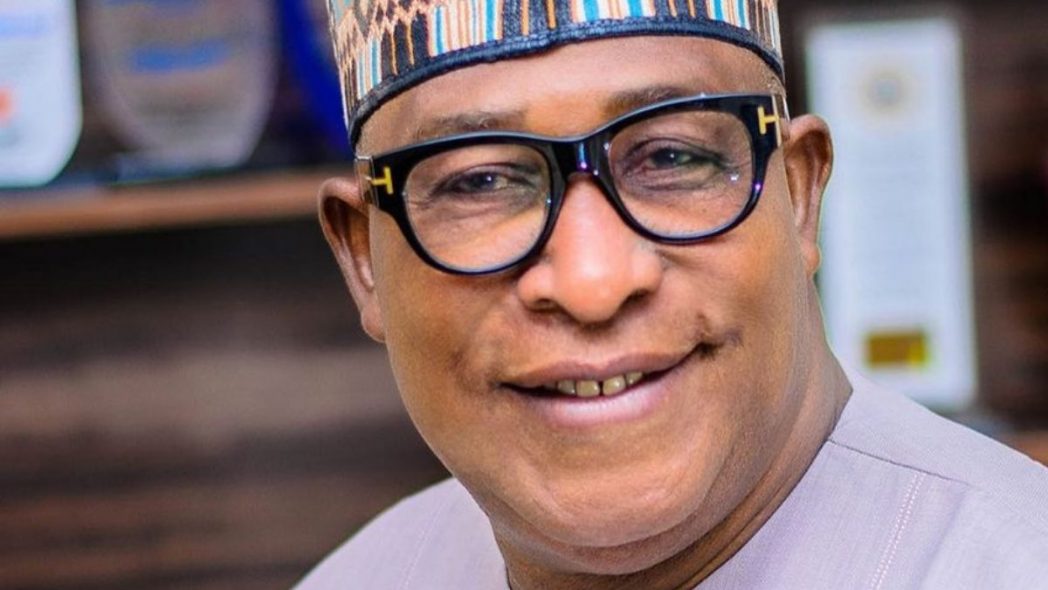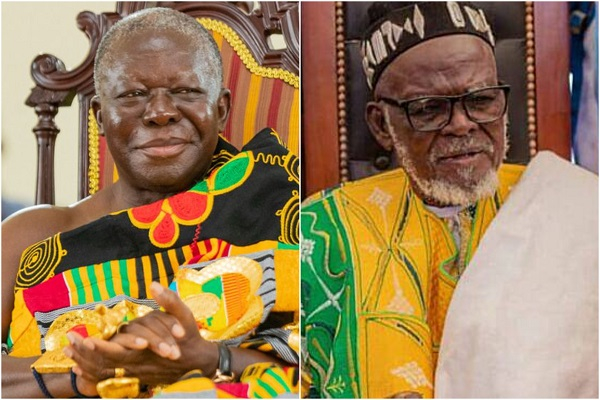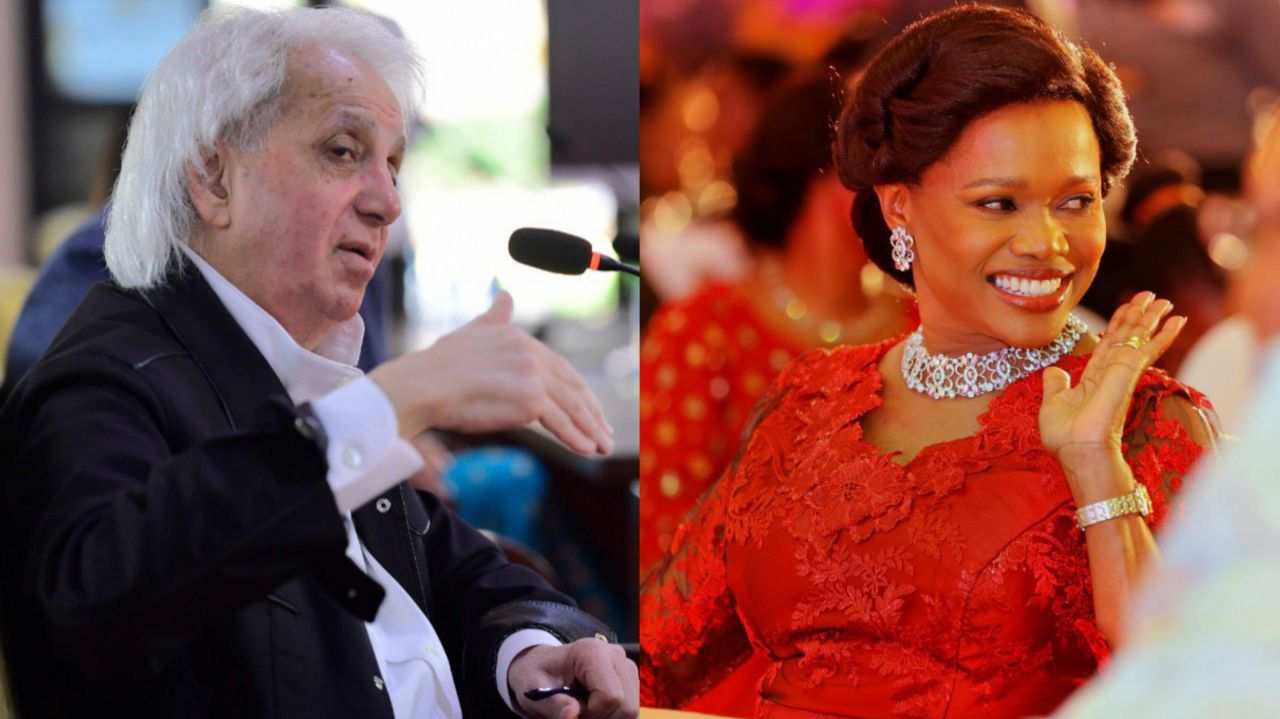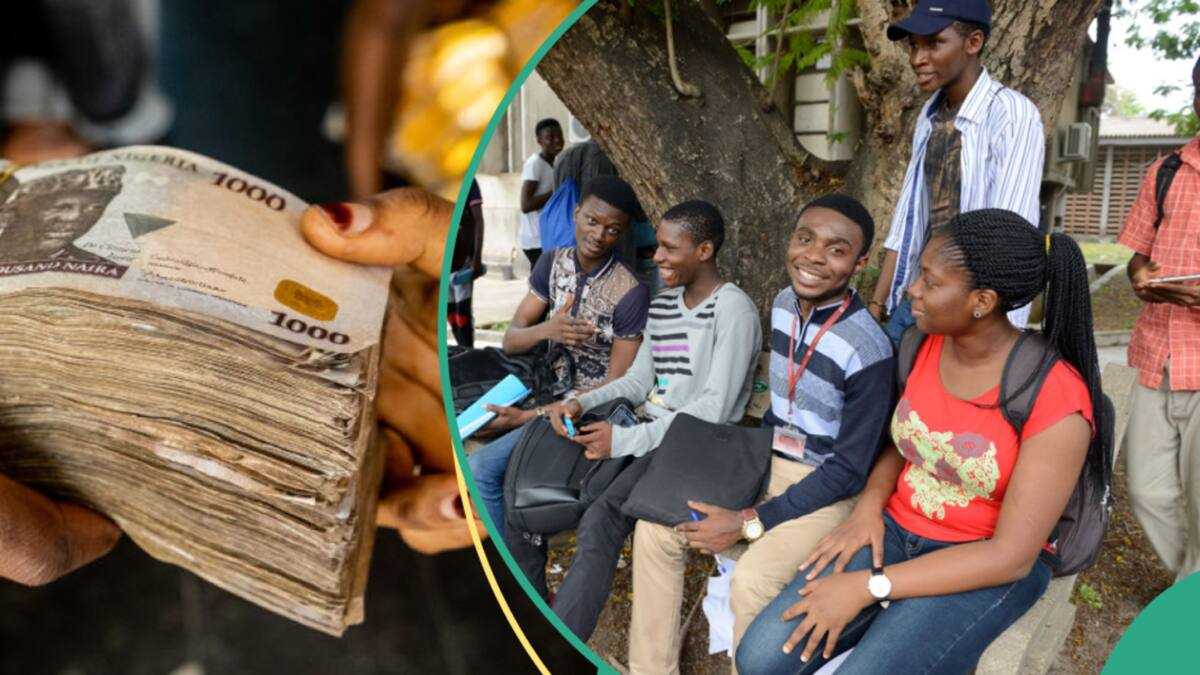The Perils of Cult-Personality Politics for Nigeria's Democracy By Babayola M. Toungo | Sahara Reporters
Cult-personality politics, wherein the political landscape is dominated by the aura and authority of a singular leader, has plagued political systems the world over. In Nigeria, the phenomenon finds fertile ground, nurtured by historical precedent, patronage networks, and a culture that elevates personalities over processes. The result is a distortion of democratic norms and a corrosion of critical institutions.
In the tumultuous landscape of Nigeria’s democracy, the spectre of cult-personality politics continues to cast a long shadow over the nation’s hard-won freedoms. Since the country’s return to democratic rule in 1999, the promise of representative governance, respect for the rule of law, and institutional integrity has been repeatedly tested by leaders who demand personal loyalty above constitutional allegiance. From the failed machinations of Olusegun Obasanjo’s third-term ambition to Bola Ahmed Tinubu’s current and barely veiled attempts at consolidating power, Nigeria finds itself at a crossroads. Democracy—by its very nature—depends on strong institutions, not strongmen. Yet, a dangerous pattern is emerging, where politicians, rather than swearing fidelity to the nation and its guiding charter, pledge allegiance to individual leaders. This dangerous trend threatens not just the balance of power, but the very soul of Nigeria’s democratic project.
Cult-personality politics, wherein the political landscape is dominated by the aura and authority of a singular leader, has plagued political systems the world over. In Nigeria, the phenomenon finds fertile ground, nurtured by historical precedent, patronage networks, and a culture that elevates personalities over processes. The result is a distortion of democratic norms and a corrosion of critical institutions.
The danger lies not merely in the concentration of power, but in the subversion of the foundational idea that in a democracy, the constitution—not any one individual—is supreme. When politicians align themselves with a person rather than the nation or its laws, they compromise both their duties and the institutions they serve. The legislature and judiciary—pillars meant to check executive excess—are gradually rendered toothless, mere appendages to the will of a central figure.
Perhaps the most glaring example of cult-personality politics nearly derailing Nigeria’s democracy was the infamous third-term gambit orchestrated by former President Olusegun Obasanjo. Despite constitutional limits to presidential tenure, a well-oiled campaign was launched to amend the constitution and allow Obasanjo a third term in office. The attempt, which involved a complex web of inducements, coercion, and political manoeuvring, laid bare the fragility of Nigeria’s institutions and the ease with which personal ambition could threaten the collective will.
Although the National Assembly ultimately resisted the pressure and the gambit failed, its scars endure. The episode exposed the susceptibility of lawmakers to manipulation and the extent to which political actors were willing to subjugate constitutional fidelity for personal gain or proximity to power. The fact that the attempt came alarmingly close to fruition should have been a wake-up call, a moment for deep national introspection and institutional reform. Instead, the lesson remains largely unlearned, as subsequent political developments have shown.
Fast forward to the present, and a new chapter in cult-personality politics is unfolding under President Bola Ahmed Tinubu. With a political career built on strategic alliances and a formidable network of patronage, Tinubu’s ascendancy to the presidency has been accompanied by moves that suggest a desire to entrench a de facto one-party state. This is evidenced in the relentless drive to co-opt opposition politicians, the neutralization of dissent within the ruling party, and the subtle intimidation of independent voices.
The risk is not hypothetical; it is playing out in real time. The legislature, once envisioned as a bulwark against executive overreach, appears increasingly pliant, often acting as a rubber-stamp for the presidency. The judiciary, too, faces mounting pressure, with appointments and decisions seemingly influenced by political calculations. When politicians align themselves with the whims of a leader rather than the constitutional order, they erode the checks and balances that are the lifeblood of any democracy.
The health of any democracy is measured by the strength and independence of its institutions. In Nigeria, these very institutions are being hollowed out by the politics of personality. Lawmakers, driven by opportunism or the desire to curry favour with the executive, abdicate their responsibilities as representatives of the people. Instead of holding the government accountable, they become participants in the project of personal aggrandizement.
The judiciary, which ought to serve as the last line of defence for constitutionalism, is equally imperilled. When judges are appointed based on loyalty rather than competence, or when verdicts are tailored to suit the interest of powerful figures, the very idea of justice is corrupted. The public’s faith in the impartiality of courts wanes, sowing seeds of cynicism and unrest.
Why does cult-personality politics persist, despite its dangers being so evident? The answer lies in a combination of institutional weakness, elite complicity, and a political culture that rewards sycophancy over integrity. After surviving the Obasanjo third-term gambit, Nigeria had an opportunity to strengthen its constitutional guardrails, to insulate its institutions from personal ambition. Instead, what is witnessed is a recurring pattern where the lessons of the past are ignored, and the brinkmanship of politicians continues unchecked.
There is a perilous thrill in pushing a nation to its limits, a reckless disregard for the consequences in the quest for power. Each time Nigeria flirts with the erosion of term limits, the marginalization of opposition, or the politicization of the judiciary, it chips away at the very foundations of democracy.
The dangers that cult-personality politics portend for Nigeria’s democracy cannot be overstated. The lessons of the past, from the Obasanjo third-term saga to Tinubu’s consolidation of power, are not mere historical footnotes—they are warnings written in bold. For democracy to truly thrive, allegiance must be to the constitution and the country, not to individuals. Until that fundamental realignment occurs, Nigeria will remain vulnerable, its institutions endangered, and its democratic journey uncertain. The time to act—to learn, to reform, to resist the siren song of strongman politics—is now.
Babayola M. Toungo
Arewa research and Development Project, Kaduna











